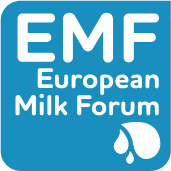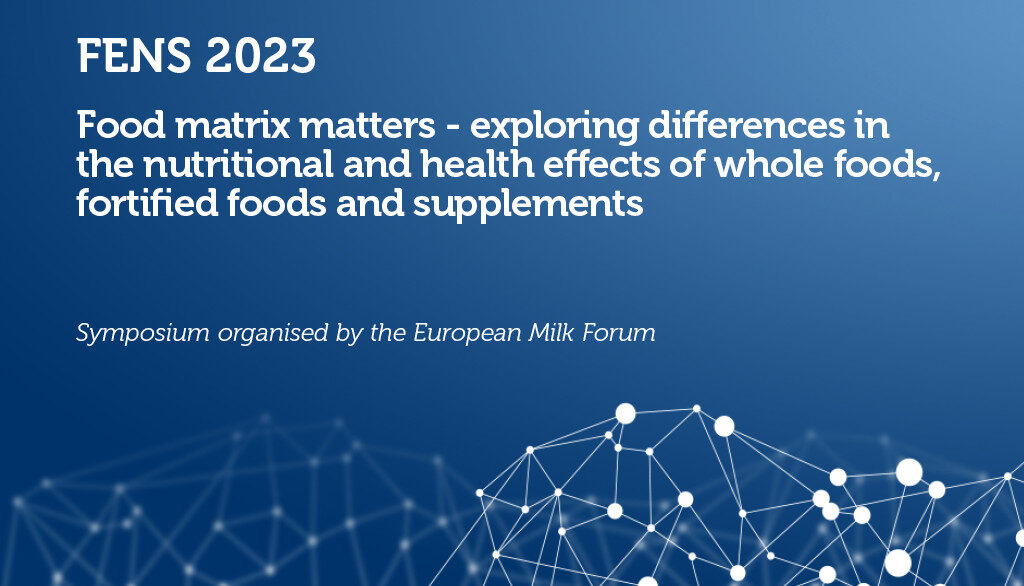EMF members hosted a satellite symposium at the Nutrition Society Congress in Belfast on 4 July 2024. A protein transition suggests a shift in the production and consumption of protein sources away from animal proteins, including dairy, to more plant-based and alternative protein sources. The symposium examined the role dairy foods have in such a dietary shift and explored the impact that the food matrix, in particular the dairy food matrix, has on this.
The speakers’ summary points are below:
Professor Michelle McKinley, Queen’s University Belfast – Introduction to the food matrix concept: implications for the protein transition
Foods are complex mixtures of nutrients sitting within unique physical structures and unique food matrices
Nutrient content alone does not necessarily predict a food’s effect on health outcomes
The protein transition is not a single nutrient transition
Health effects of one protein-rich food matrix won’t necessarily be the same as the health effects of another protein-rich food matrix – holistic evaluation of foods
How can we consider the complementary benefits of different food matrices in the protein transition?
See Prof McKinley’s presentation
Professor Ian Givens, University of Reading – Dairy matrix effects: the case of protein transition and micronutrient bioavailability
Replacing dairy protein with plant protein is not simple
It may lead to reduced protein quality and lower intake of micronutrients, which will have poorer bioaccessibility / bioavailability
There is good evidence of increased health risk if more dairy-derived foods are excluded from diets of UK female adolescents and women of child bearing age and especially a risk to bone health
The dairy matrix is complex and has beneficial roles in calcium / phosphorus / magnesium intake and reducing fat digestion mediated partly by calcium etc
There is good evidence that increased plant-based foods are needed in UK diets for fibre at least
See Prof Givens’s presentation
Dr Oliver Witard, King’s College London – Beyond protein content to optimise musculoskeletal health: interactions in the dairy matrix
A dairy matrix effect exists with regards to regulating the postprandial stimulation of muscle protein synthesis, meaning we must look beyond protein nutrition with regards to optimizing musculoskeletal health
The ingestion of whole dairy foods, and the associated (non)nutrient-nutrient interactions, facilitate a greater MPS response than the individual actions from each individual food component (or sum of its parts!)
Should we, as nutrition professionals, redefine protein recommendations to account for the food matrix effect?
See Dr Witard’s presentation
Download the Symposium Brochure





